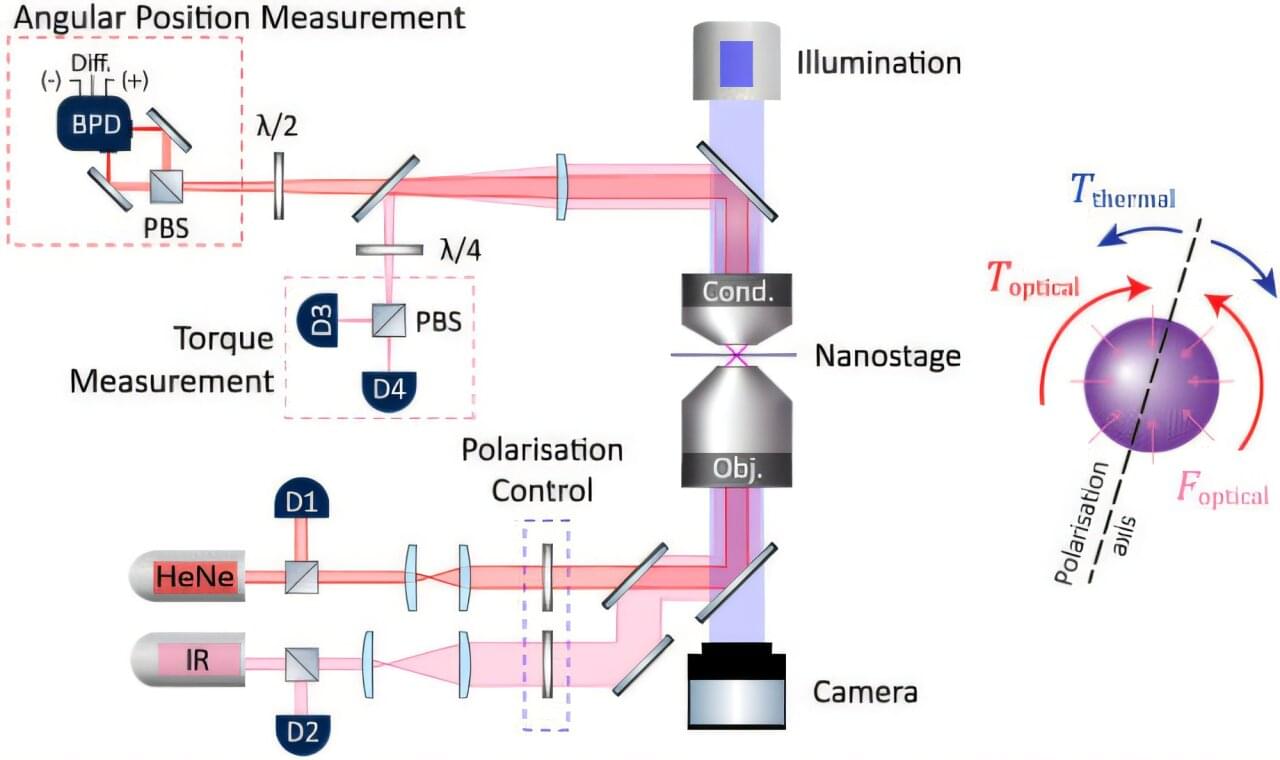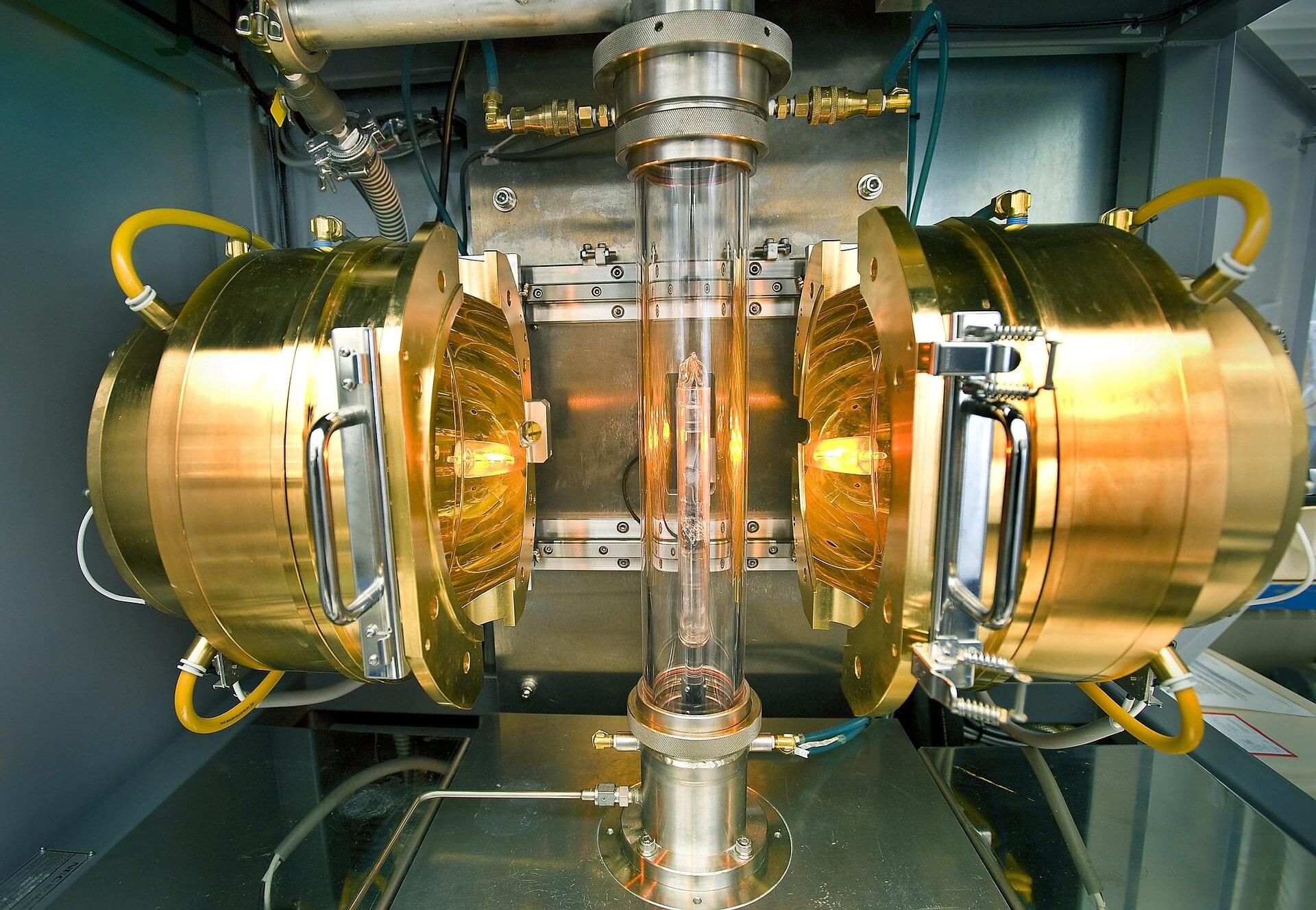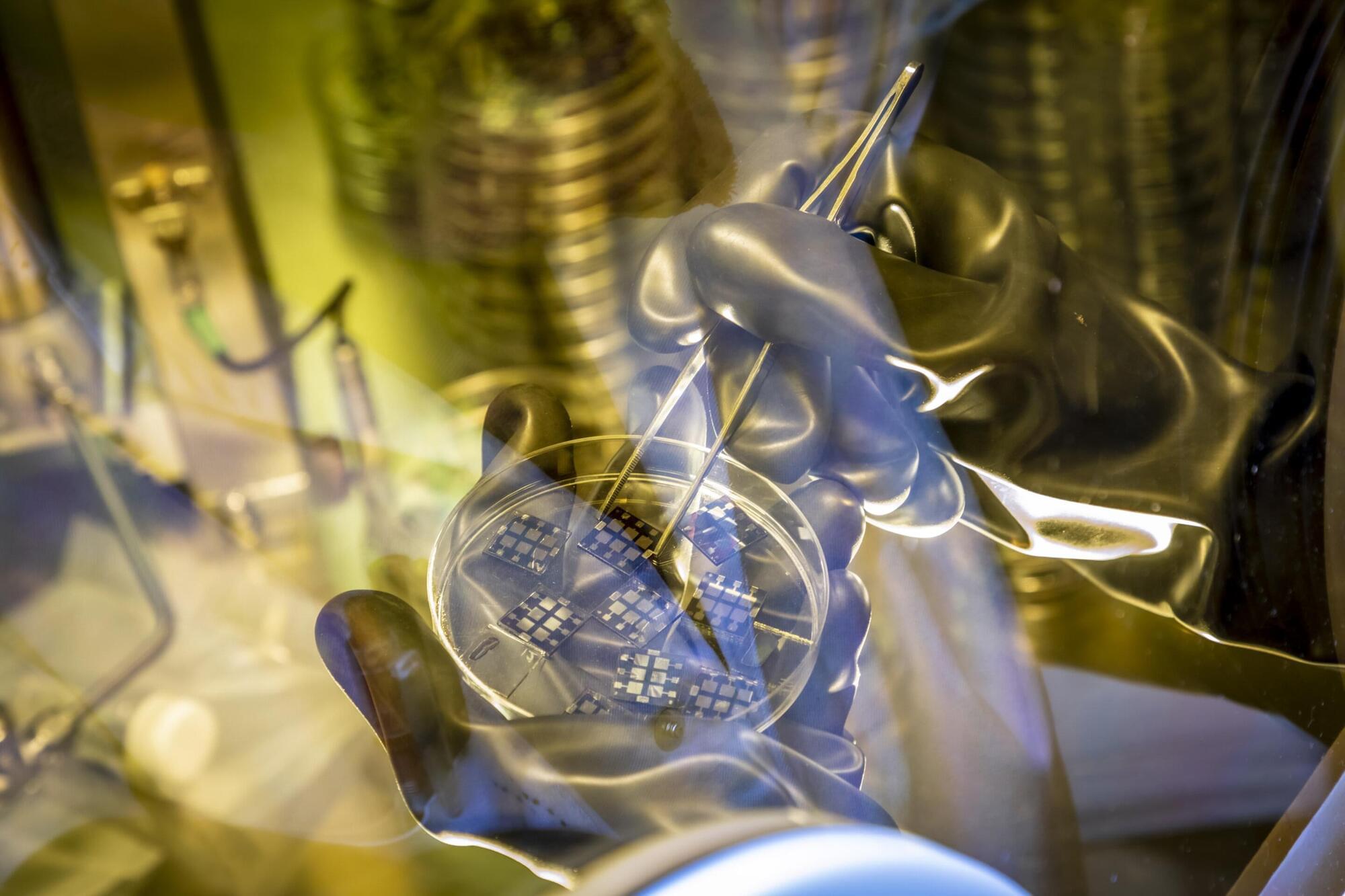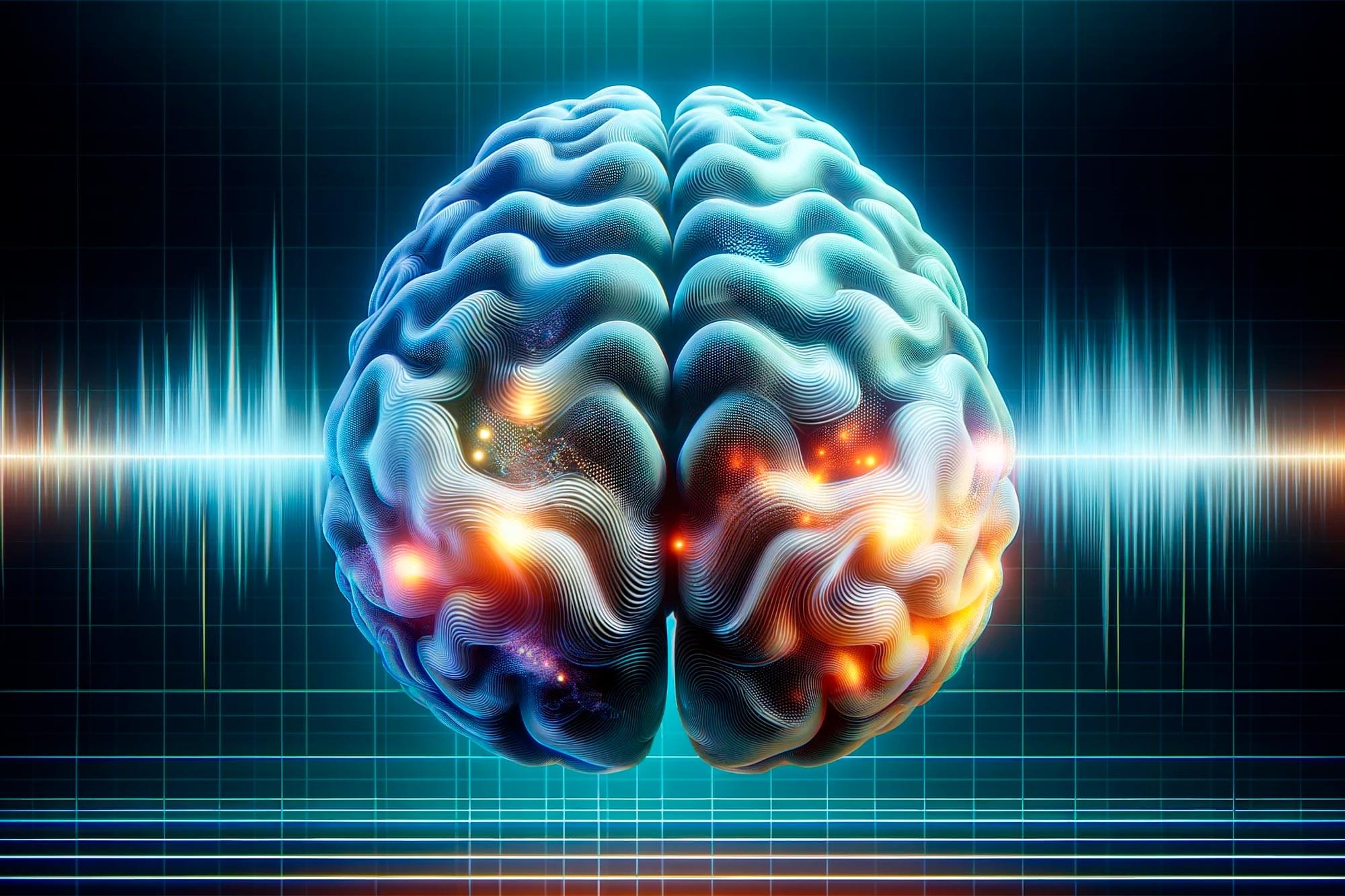Researchers will soon be able to study biological changes at scales and speeds not previously possible to significantly expand knowledge in areas such as disease progression and drug delivery.
Physicists at The University of Queensland have used “tweezers made from light” to measure activity within microscopic systems over timeframes as short as milliseconds. Professor Halina Rubinsztein-Dunlop from UQ’s School of Mathematics and Physics said the method could help biologists understand what was happening within single living cells.
“For example, they will be able to look at how a cell is dividing, how it responds to outside stimuli, or even how chemical reactions affect cell properties,” Professor Rubinsztein-Dunlop said.








